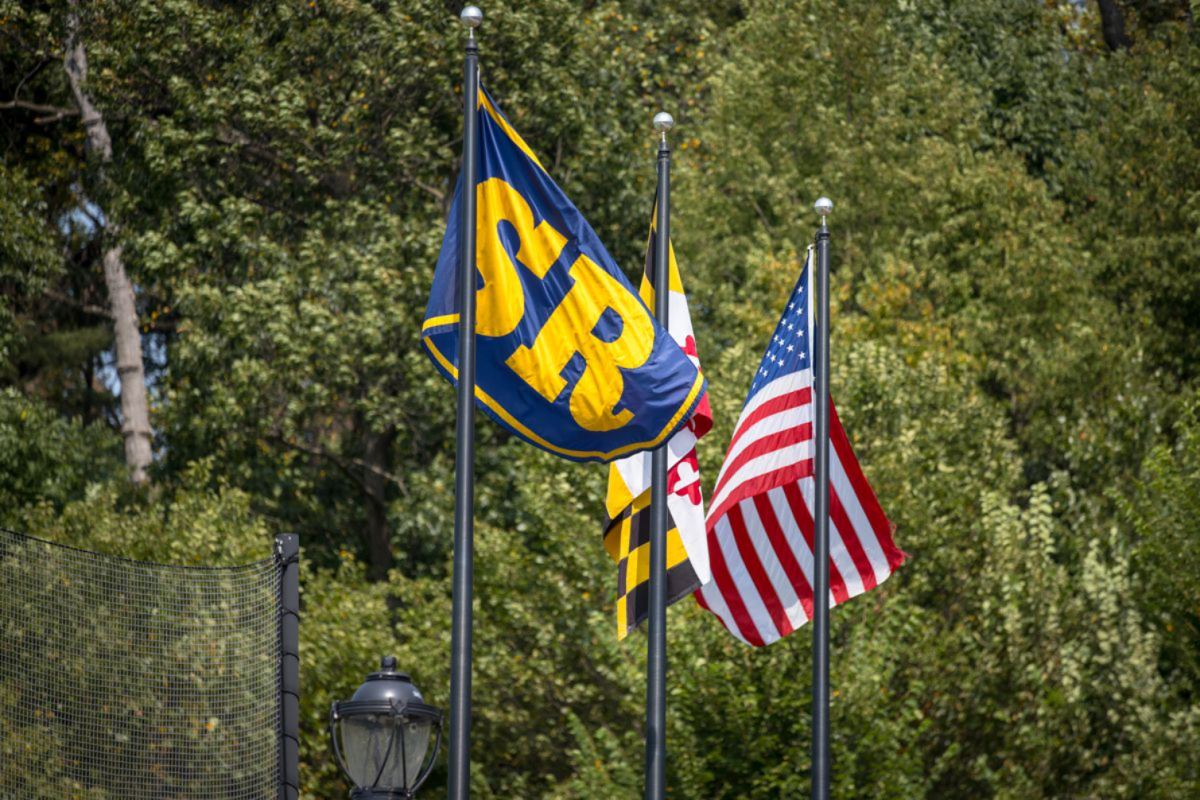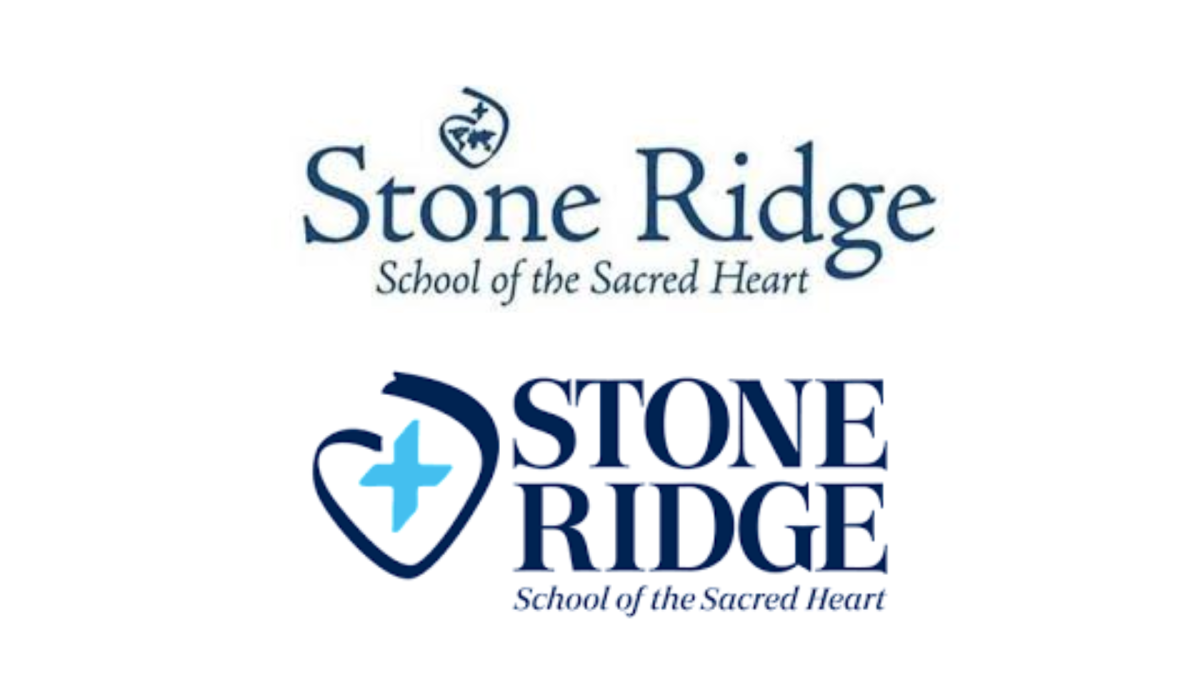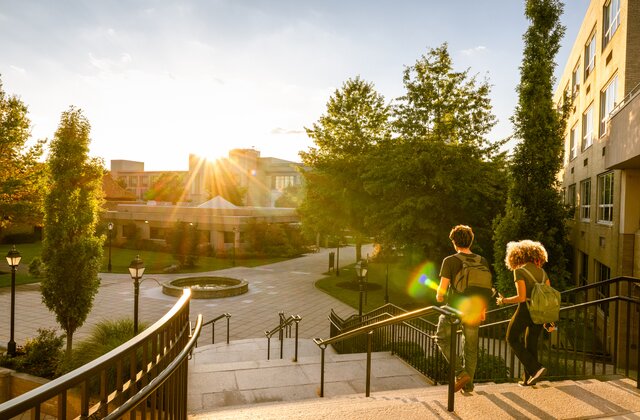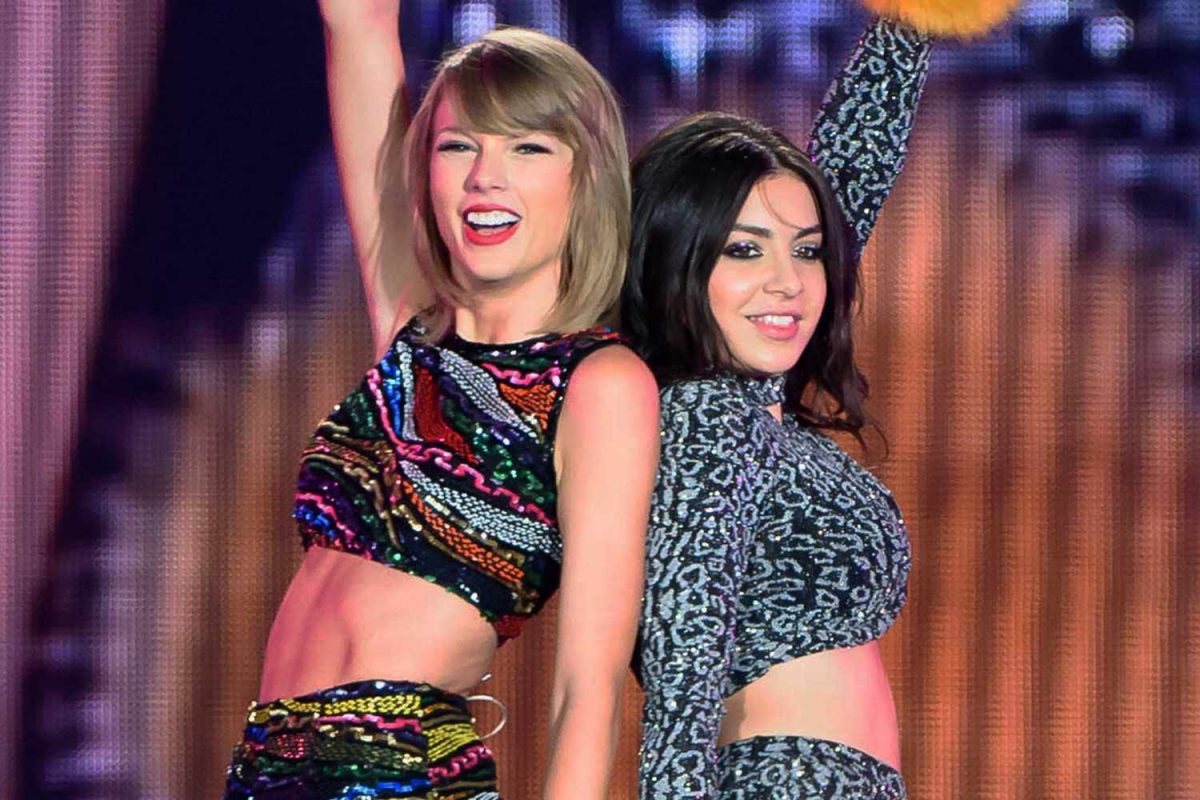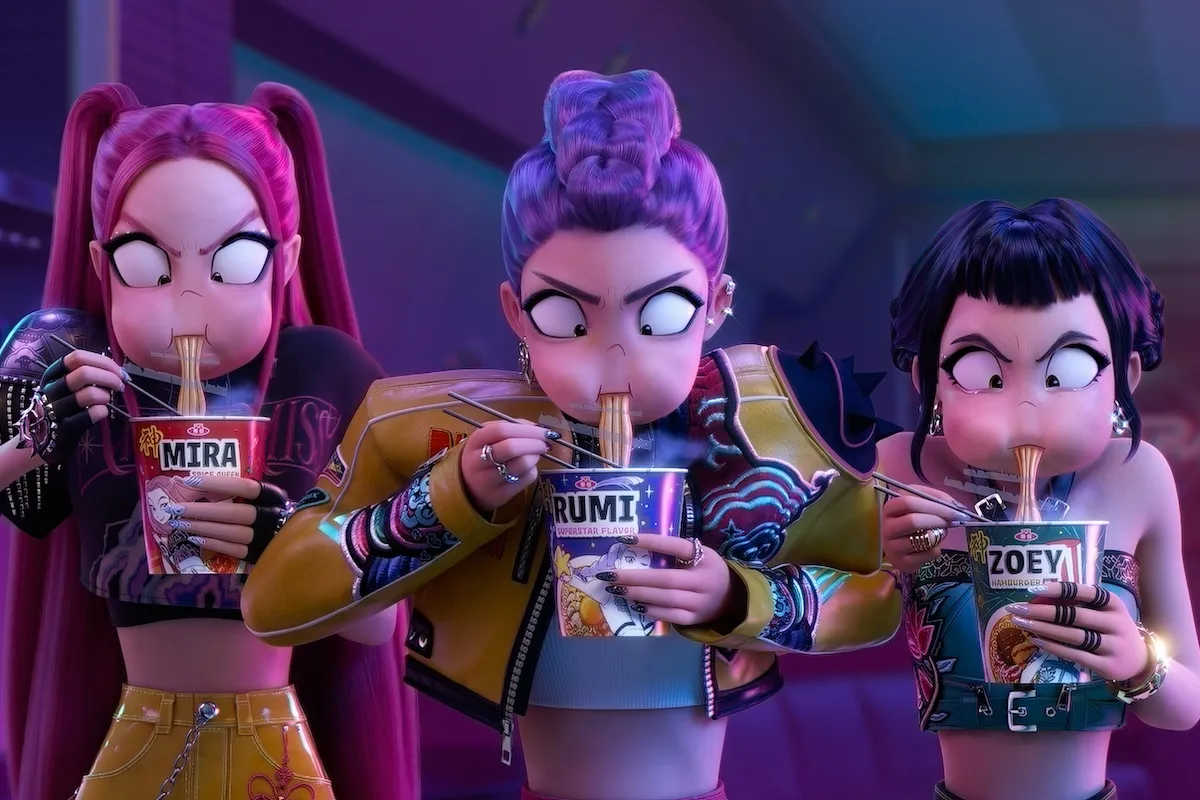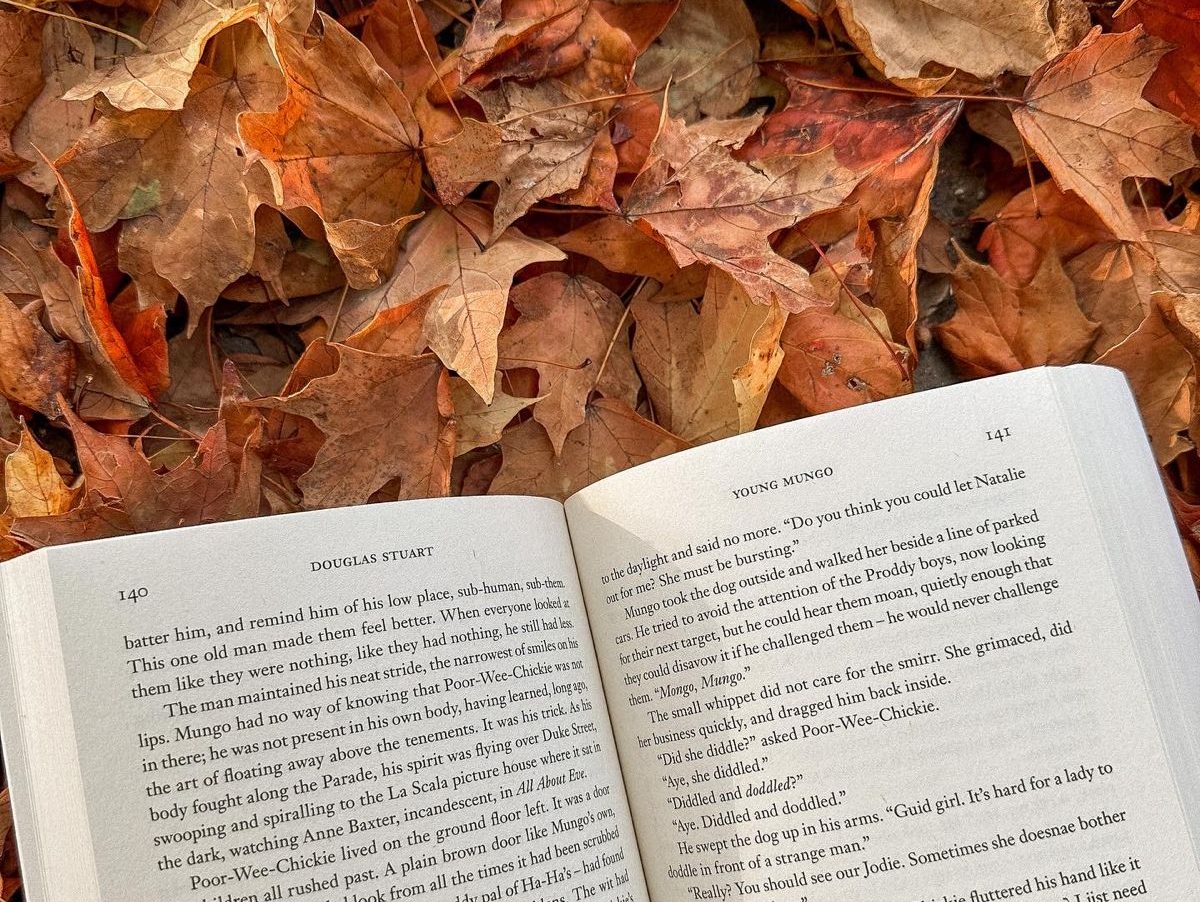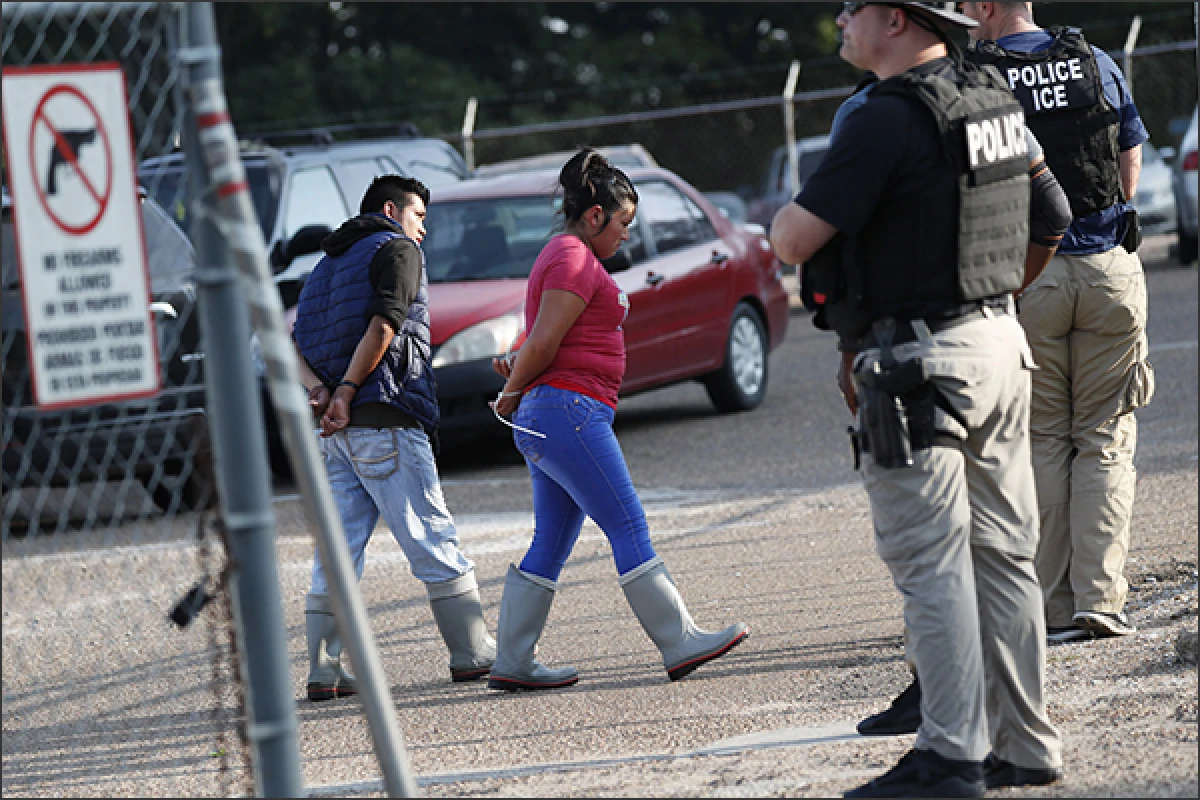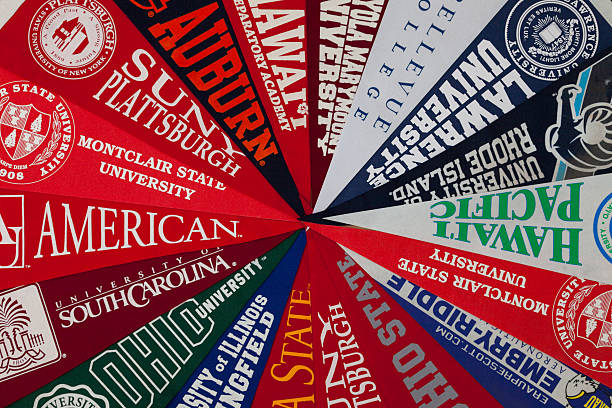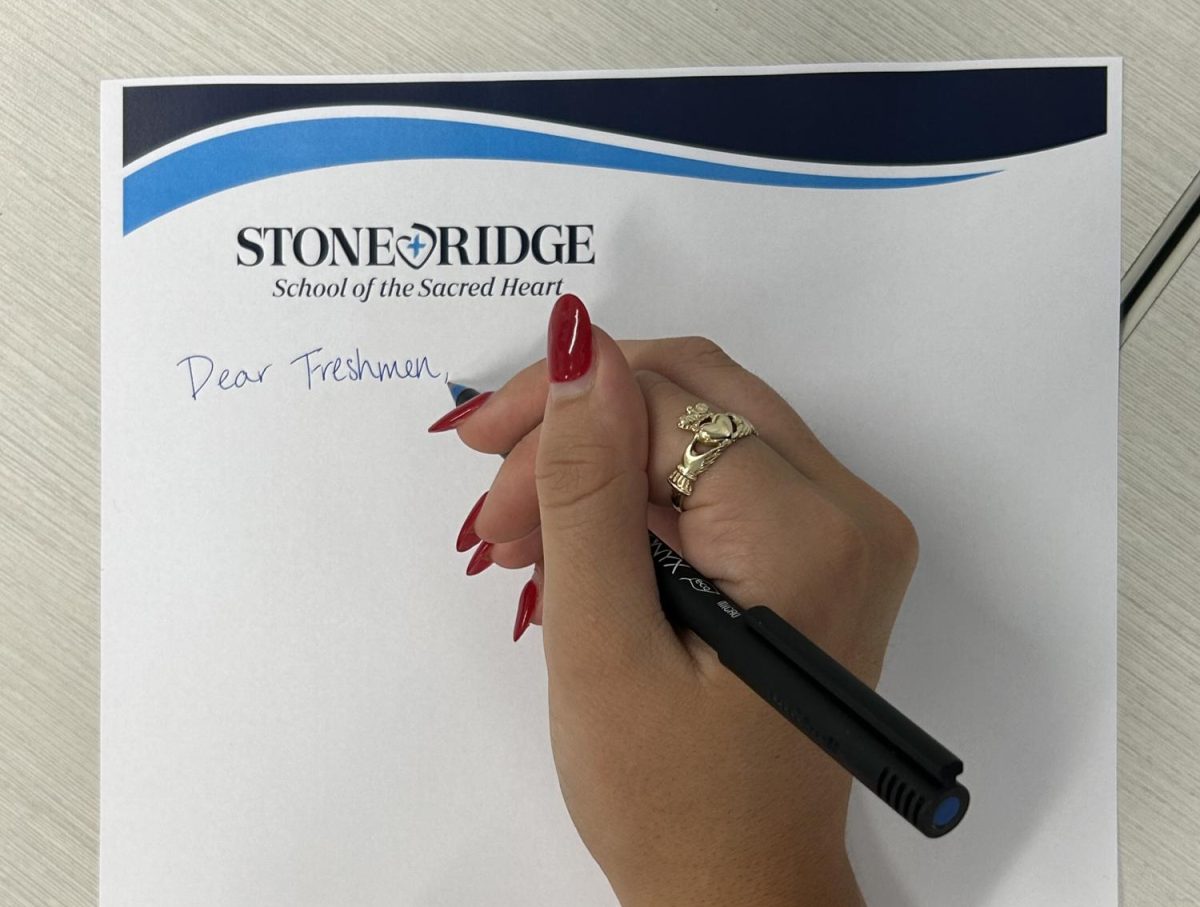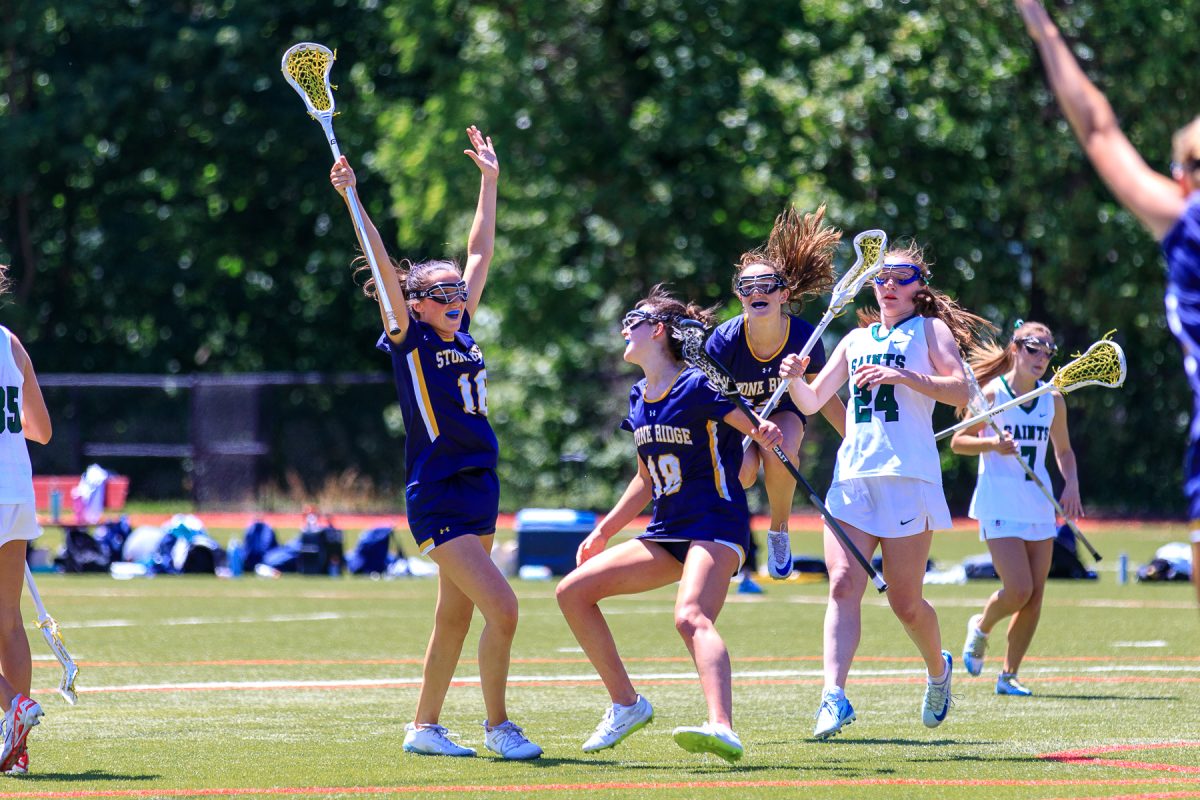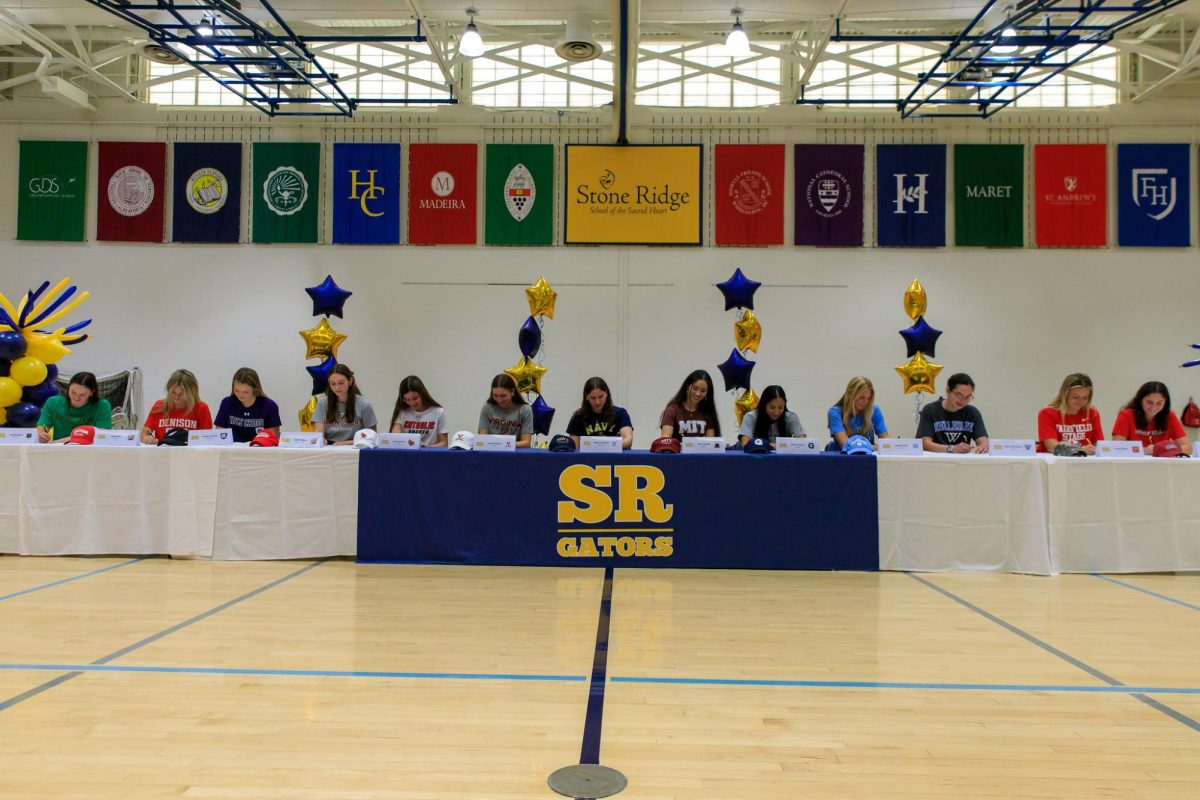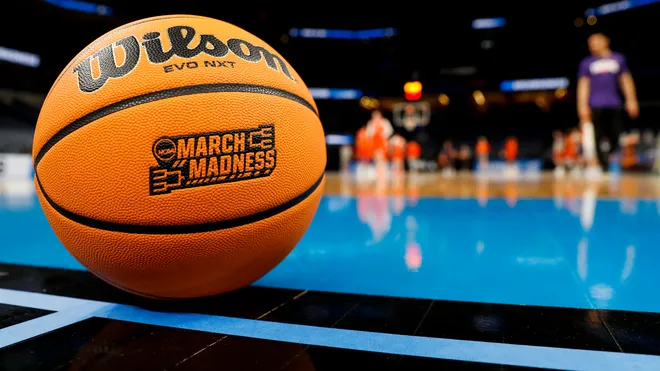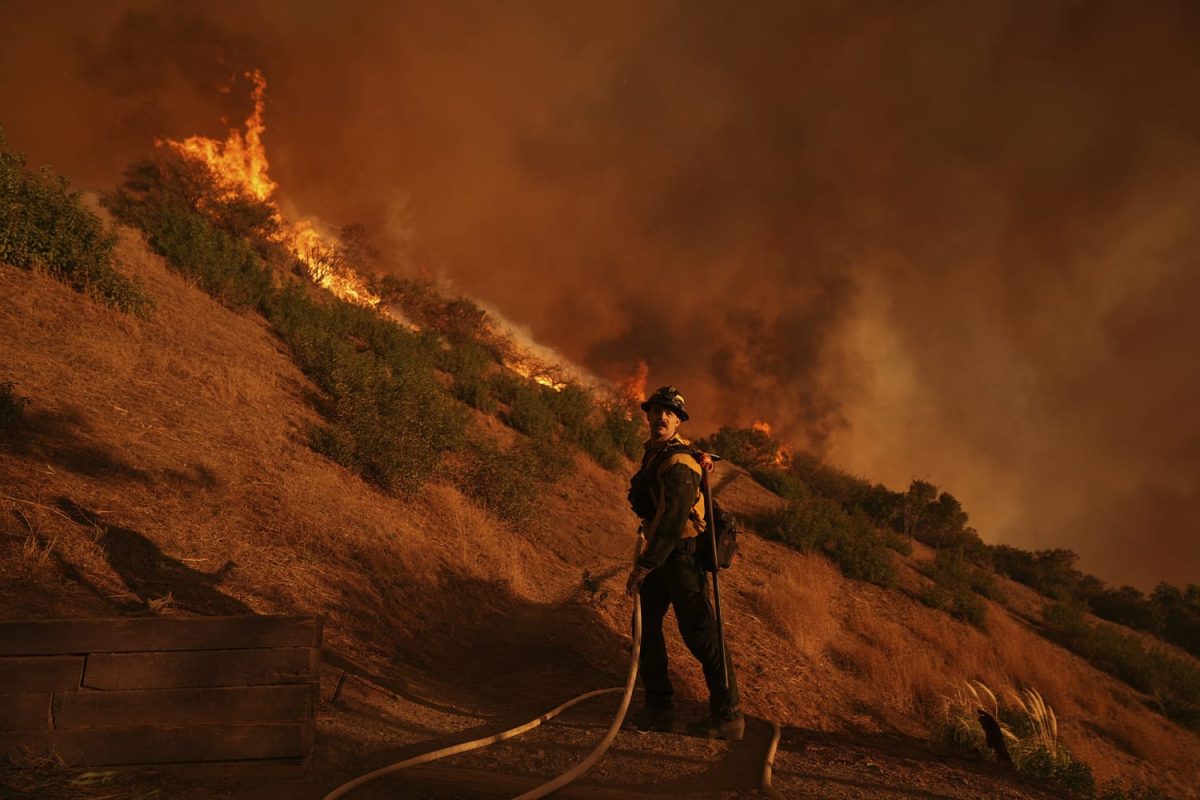As of early February, the fires roaring in Los Angeles have burned over 50,000 acres, so why do people still believe that celebrities and influencers are the only ones impacted? According to USA Today, “more than 12,000 homes, businesses, schools, and other structures have been destroyed” by the wildfires in Los Angeles, with this number growing daily. More than 150,000 people have been displaced by these fires, including not only celebrities and influencers but thousands of low-income and immigrant workers.
At this point, no one’s oblivious to what’s happening in Los Angeles, but most of the media people consume is from celebrities and influencers. The newest update is often an influencer’s “GRWM to evacuate” or a People magazine piece on which celebrities’ houses have burned down so far. Although social media can be a valuable source of information, it can also cause users to lose touch with reality.
These influencers often come off as infographic activists, using a painful situation to make a point on social media. You know at least one person who constantly spams their stories with guilt-tripping posts telling you to take action because you’re not doing enough on a given issue, rather than taking action themselves.
It can also be easy to lose sympathy for celebrities, who seem like they already have everything, but they’re people too. Their homes hold value beyond shelter or status, from memories with their kids to old family photographs. Each person impacted by these fires has experienced a devastating, traumatic event that will continue to affect their lives and communities.
The houses that burned down, even the celebrities’ homes, didn’t just offer shelter or hold memories, they also held some people’s jobs and whole livelihoods. The neighborhoods impacted by these fires, the largest one occurring in the Palisades, are not dissimilar to Bethesda. Stephanie Wilson, the Upper School Drama Teacher at Stone Ridge, has experienced both. She lived in Los Angeles for 25 years, including the Palisades for 12 of those. While the wealthy occupy the Palisades in large numbers, it is important to keep in mind, as Wilson said, “A lot of the people who serve them, the teachers, or like… the grocery store cashier, they live in that community as well but they may not have the same amount of resources.” Not only are these fires happening in the Palisades, but they are also impacting several other neighborhoods, each facing a similar fate.

“Some people don’t have renter’s insurance so they don’t have a way to regain money or possessions, it’s just a total loss,” said Wilson, who knows friends and former dance studio students who have lost their homes, including her two closest friends. Although the Palisades is an affluent neighborhood it is full of apartment buildings and blue-collar workers, people working paycheck to paycheck, unable to recover from such a devastating natural disaster without assistance.
These fires may be on another coast on the other side of the country, but that does not make those of us who aren’t experiencing it incapable of causing change and making an impact. While donating money to reliable organizations such as the American Red Cross or World Central Kitchen can have an immediate impact, we must also take preventative action. These extreme natural disasters are happening and will continue to happen as a result of climate change, as evidenced by the persistent drought and dry conditions in California. Each of us is capable of making small shifts in our lives to do our part to slow climate change, whether that’s carpooling, eating less meat, or using energy efficient bulbs and appliances. Unless we choose to take it upon ourselves to make changes, natural disasters such as these wildfires will continue to happen, and may get even worse.
